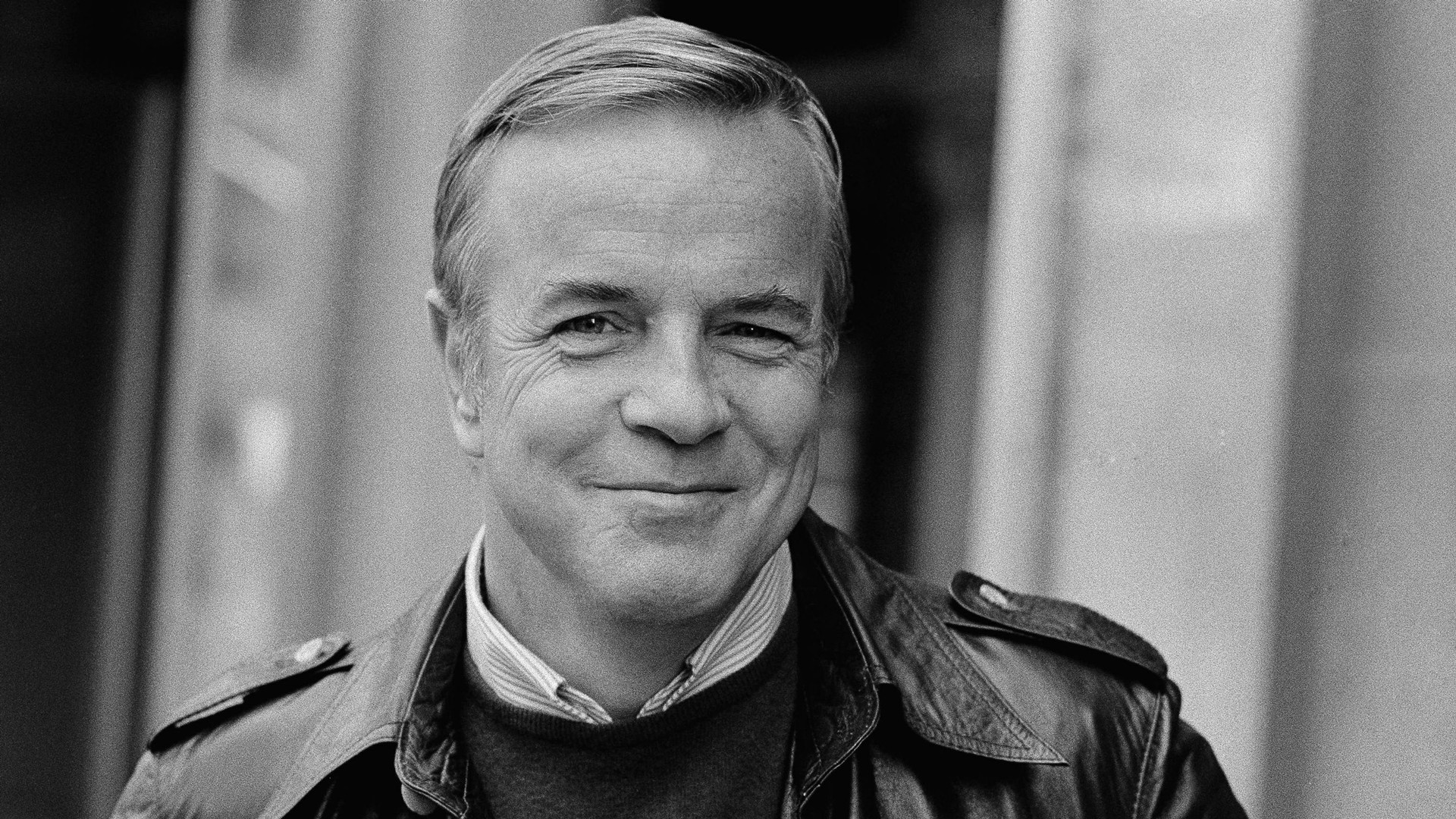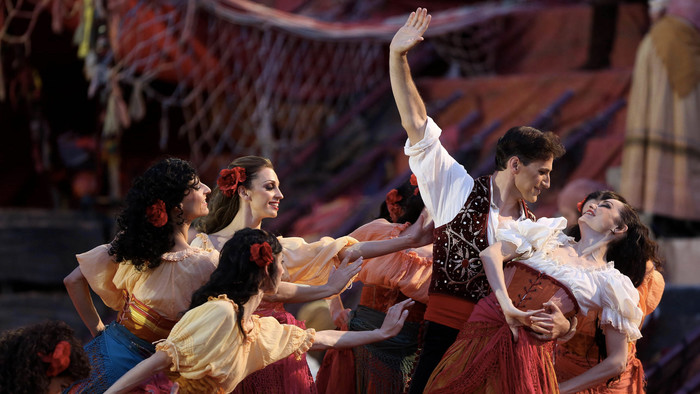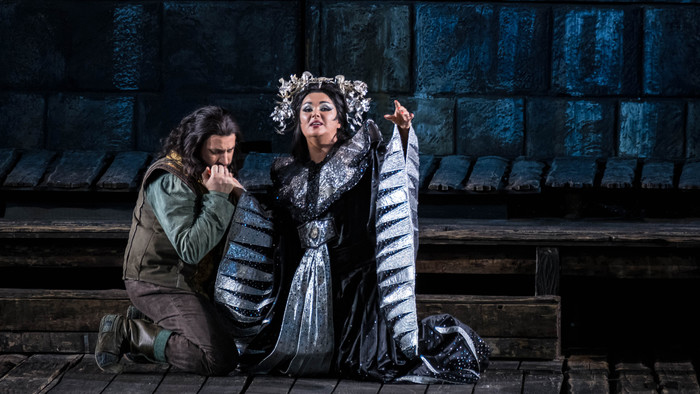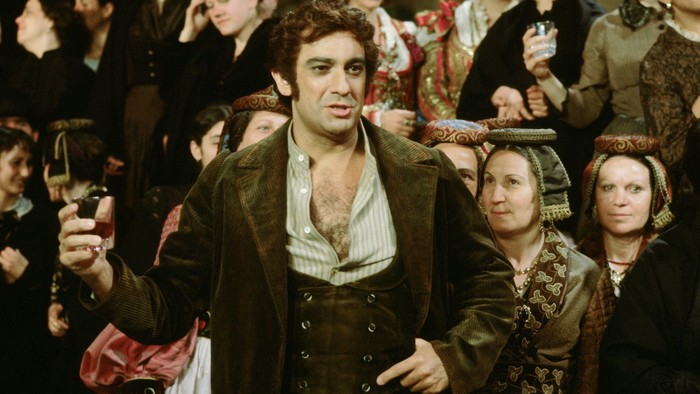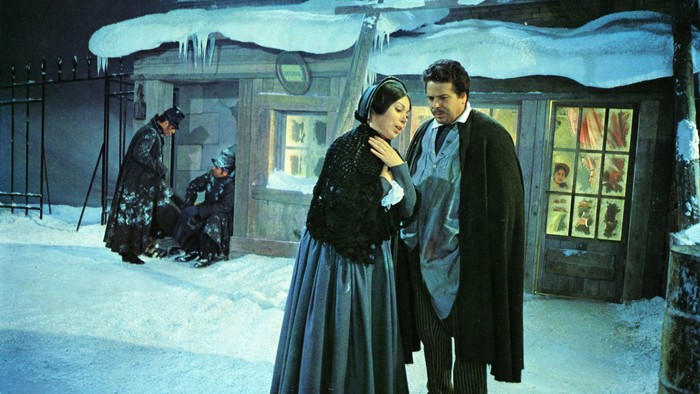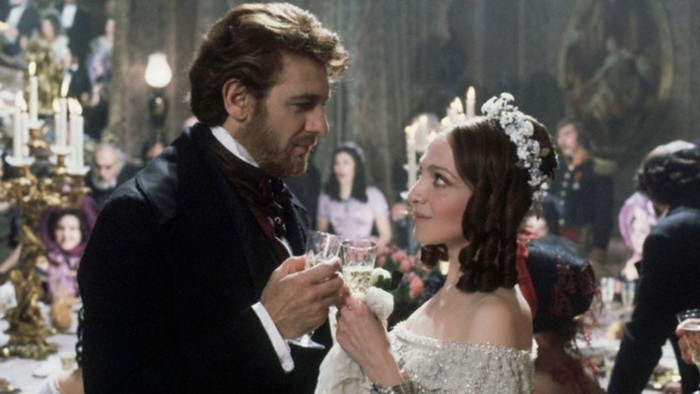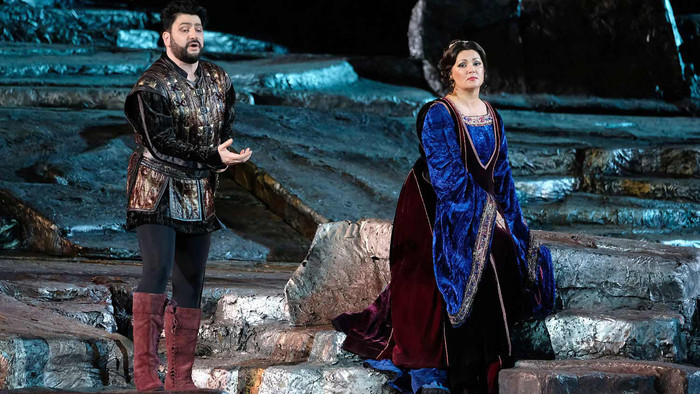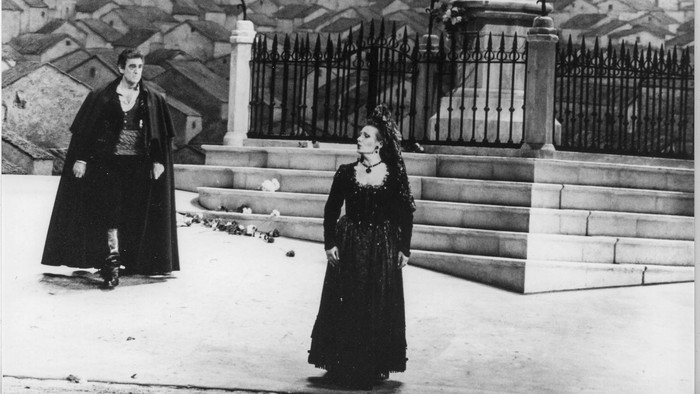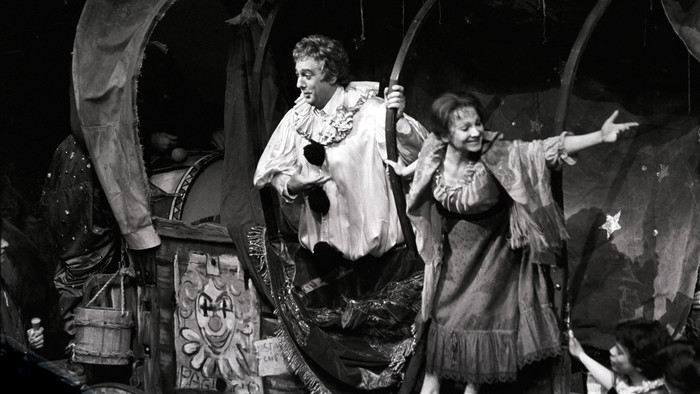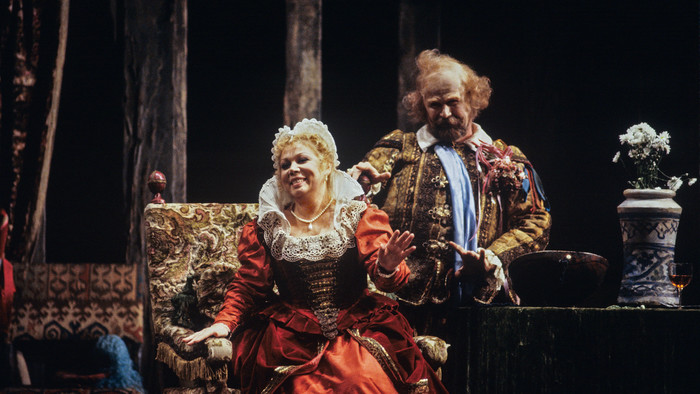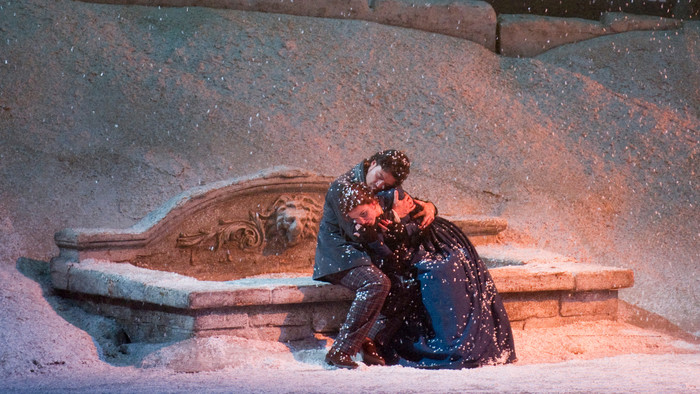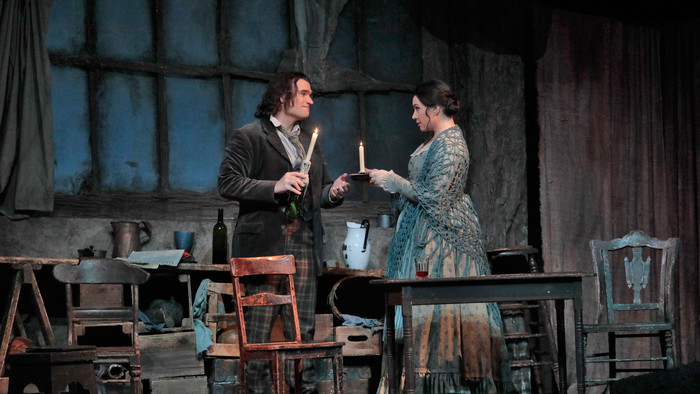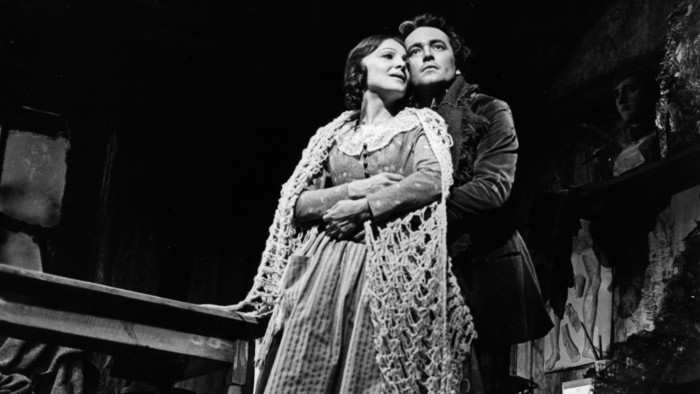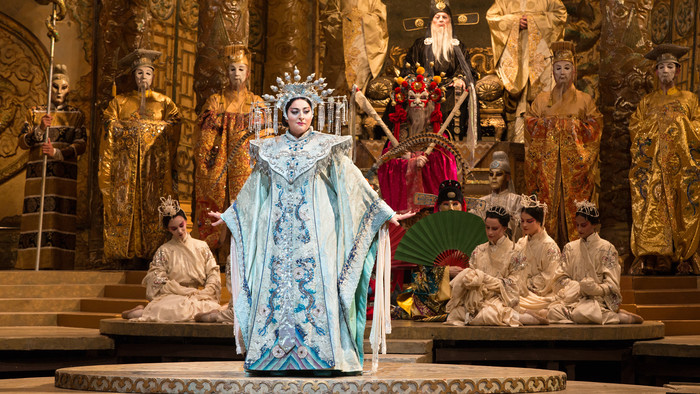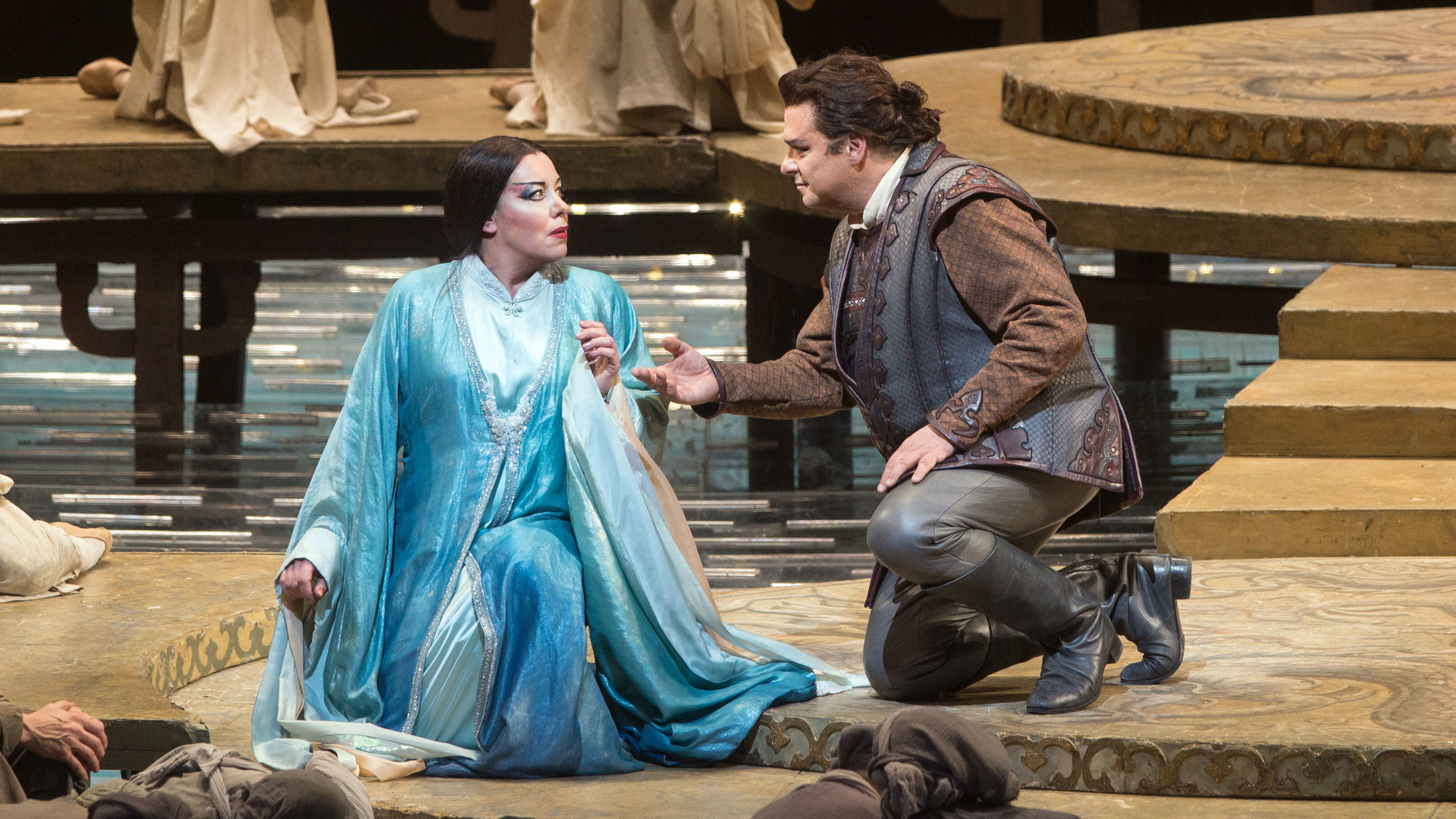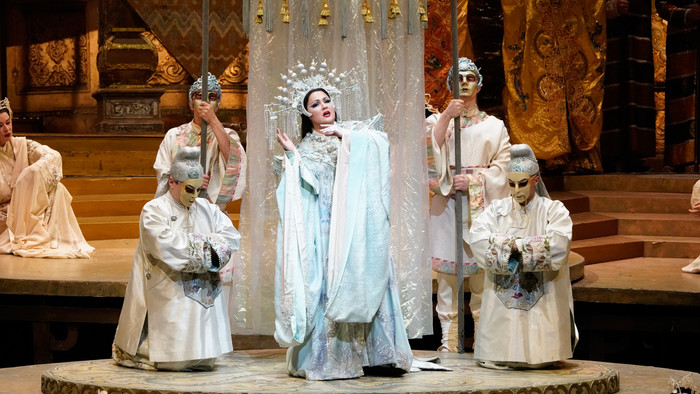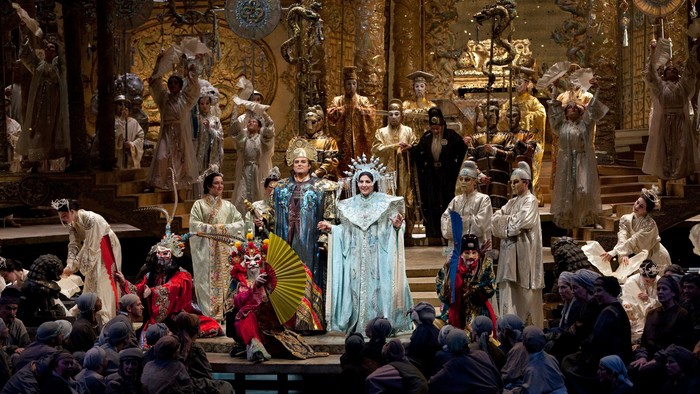A great Italian theater and film director, screenwriter, and artist. Born in Florence, he graduated from the Florence Academy of Fine Arts in 1941 and, at his father's advice, enrolled in the University of Florence to study fine arts and architecture. During World War II, he participated in the Italian Resistance movement and served as a military translator in the 1st Guards Armoured Division of the British Army. After the war, he returned to the University of Florence but decided to dedicate himself to theater and film after watching Laurence Olivier's film "Henry V." Another renowned Italian director, Luchino Visconti, who invited the young theatrical artist to work as an assistant on his film "La Terra trema" in 1947, became his teacher and mentor. This experience with Visconti had a significant influence on Zeffirelli.
In 1953, Zeffirelli staged Giacomo Rossini's opera "Cinderella" at La Scala, and in the 1960s, he gained fame in Europe and the United States as an opera director and set designer. He was a friend of Maria Callas and specially directed productions for her, including "La Traviata" (Dallas Opera, 1958), "Tosca" (Royal Opera House, Covent Garden, 1964), and "Norma" (Paris Opera, 1964). He also frequently collaborated with Joan Sutherland, directing "Lucia di Lammermoor" at the Royal Opera in 1959, among other productions. He wrote the libretto for Samuel Barber's opera "Antony and Cleopatra" and directed its premiere in 1966 to coincide with the opening of the new Metropolitan Opera house.
From 1967 onward, Zeffirelli primarily worked in cinema. His first film was an adaptation of Shakespeare's "The Taming of the Shrew" starring Elizabeth Taylor and Richard Burton. His next film, the adaptation of "Romeo and Juliet" with young actors Leonard Whiting and Olivia Hussey, became his most famous work and a timeless adaptation of the immortal play.
Following successful film adaptations of Shakespeare's plays, the director turned to religious themes, making the film "Brother Sun, Sister Moon," dedicated to the life of Saint Francis of Assisi, and later, the mini-series "Jesus of Nazareth," which was highly successful. Transitioning to contemporary themes, he directed films like "Endless Love" (1979) and "The Champ" (1979), which received mixed reviews.
In the 1980s, Zeffirelli often filmed classical opera adaptations, including "La Traviata" and "Pagliacci" with Plácido Domingo and Teresa Stratas, "Otello" with Plácido Domingo and Katia Ricciarelli, and "Cavalleria rusticana" with Domingo and Elena Obraztsova.
In 1990, Zeffirelli returned to Shakespeare with his film adaptation of "Hamlet," starring Mel Gibson in the title role, who was previously known primarily for action movies. From 1996 to 1999, he directed the films "Jane Eyre" and "Tea with Mussolini." In 2002, his film "Callas Forever," inspired by the life of Maria Callas, was released.
In 2004, Queen Elizabeth II made Zeffirelli a Knight Commander of the Order of the British Empire (KBE).
In his later years, the director's health sharply deteriorated, and on June 15, 2019, at the age of 97, he passed away in his home in Rome.
In 1953, Zeffirelli staged Giacomo Rossini's opera "Cinderella" at La Scala, and in the 1960s, he gained fame in Europe and the United States as an opera director and set designer. He was a friend of Maria Callas and specially directed productions for her, including "La Traviata" (Dallas Opera, 1958), "Tosca" (Royal Opera House, Covent Garden, 1964), and "Norma" (Paris Opera, 1964). He also frequently collaborated with Joan Sutherland, directing "Lucia di Lammermoor" at the Royal Opera in 1959, among other productions. He wrote the libretto for Samuel Barber's opera "Antony and Cleopatra" and directed its premiere in 1966 to coincide with the opening of the new Metropolitan Opera house.
From 1967 onward, Zeffirelli primarily worked in cinema. His first film was an adaptation of Shakespeare's "The Taming of the Shrew" starring Elizabeth Taylor and Richard Burton. His next film, the adaptation of "Romeo and Juliet" with young actors Leonard Whiting and Olivia Hussey, became his most famous work and a timeless adaptation of the immortal play.
Following successful film adaptations of Shakespeare's plays, the director turned to religious themes, making the film "Brother Sun, Sister Moon," dedicated to the life of Saint Francis of Assisi, and later, the mini-series "Jesus of Nazareth," which was highly successful. Transitioning to contemporary themes, he directed films like "Endless Love" (1979) and "The Champ" (1979), which received mixed reviews.
In the 1980s, Zeffirelli often filmed classical opera adaptations, including "La Traviata" and "Pagliacci" with Plácido Domingo and Teresa Stratas, "Otello" with Plácido Domingo and Katia Ricciarelli, and "Cavalleria rusticana" with Domingo and Elena Obraztsova.
In 1990, Zeffirelli returned to Shakespeare with his film adaptation of "Hamlet," starring Mel Gibson in the title role, who was previously known primarily for action movies. From 1996 to 1999, he directed the films "Jane Eyre" and "Tea with Mussolini." In 2002, his film "Callas Forever," inspired by the life of Maria Callas, was released.
In 2004, Queen Elizabeth II made Zeffirelli a Knight Commander of the Order of the British Empire (KBE).
In his later years, the director's health sharply deteriorated, and on June 15, 2019, at the age of 97, he passed away in his home in Rome.
